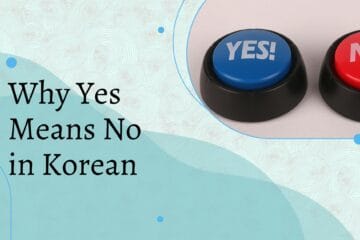Let’s go into emotions in Korean and how to describe your feelings. There’s not too much to say about this and I don’t feel like dragging it out and meeting a seo word count… Of course, you already know why it’s important to know how to express yourself so let’s just get on with the list.
I’ll list out all these terms in the neutral dictionary forms, so depending on the formality you might swap out the 다 ending for 요 or 입니다 when using these words. Need help with formalities? Here’s my post breaking them down a bit more and when/where and how to use them.
감정 emotions
기분 feeling
느낌 feeling/vibe
Positive Emotions in Korean
사랑에빠지다: in love
기쁘다: happy
자랑스럽다:proud
흥분하다: excited
자랑스러워다: proud
만족해다: content/satisfied
의욕 있다: motivated
Negative Emotions and Feelings in Korean
지쳤어다: exhausted
걱정하다: worried
외롭다: lonely
불안하다: nervous
슬프다: sad
속상하다: upset
화가나다: angry
아프다: in pain
병들다: sick
겁에질리다: scared
두려워하다: afraid
바빠다: busy
창피해다: embarrassed
불안: anxiety
불만: dissatisfaction/discontent
천둥을 두려워하는데요: I’m afraid of thunder
Neutral Feelings and Emotions in Korean
배고프다: hungry
게으름이 나다: lazy
피곤하다: tired
졸리다: sleepy
지루하다: bored
당황하다: confused
목마르다: thirsty
배고프다: hungry
배부르다: full
춥다: cold
덥다: hot
오늘은 벌써 피곤해요: I’m already tired today
Bonus! Some Exclamations
아싸 yay
우와 wow
짱 cool (mostly younger generation)
헐 or 헉 omg (mostly younger generation)
어머/어머나 oh my gosh (mostly older generation)
아이구 oh my
야 hey
아이씨 damn (but softer meaning)
Now these might be harder to define, I feel the best way to learn how to learn these is by watching Korean media or talking with Koreans. You can see an old woman say 아이구 when getting up from sitting down, carrying something; but also from anybody when talking to a child, as a reaction to seeing someone trip, etc.
Then there is like a KHHHCH sound that Koreans use as well (not exactly sure how to write in hangul-), you typically see it after an old man drinks soju or beer. But it can be used in many a context depending on where it’s placed in a sentence or preceding/followed by.



0 Comments